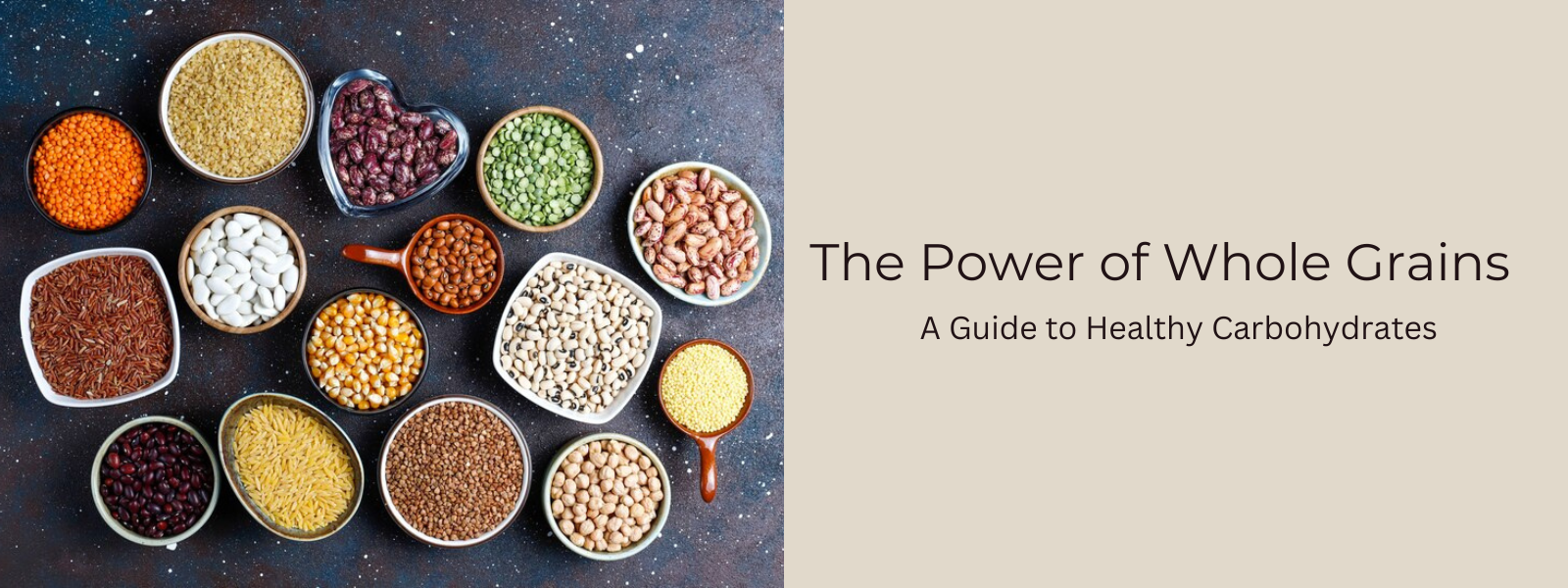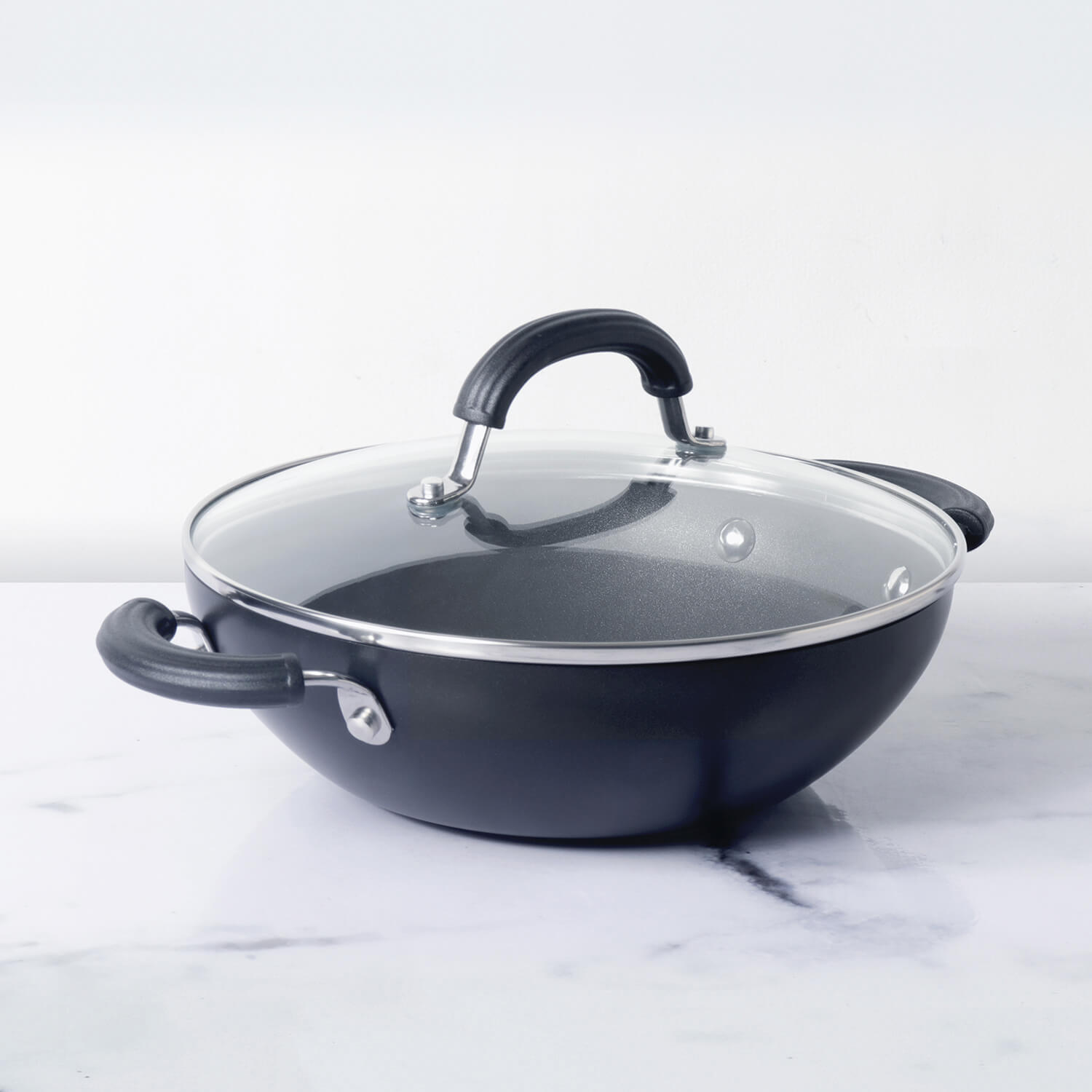Whole grains are a healthy choice because they retain the fiber and essential nutrients that are often lost in the processing of refined grains. They provide sustained energy, promote digestive health, and are associated with a reduced risk of chronic diseases when consumed as part of a balanced diet.
Table of Contents
What Is Whole Grain?
Whole grains are grains that have not had their bran (the outer protective layer), germ (the nutrient-rich core), and endosperm (the starchy center) removed through milling or processing. They contain all parts of the grain kernel, making them rich in nutrients, dietary fiber, and phytochemicals.
Common Types Of Whole Grains:
- Whole Wheat: Made from whole wheat kernels, whole wheat flour is used in bread, pasta, and various baked goods.
- Oats: Rolled oats and steel-cut oats are popular whole grain options, often used in oatmeal and granola.
- Brown Rice: Unlike white rice, brown rice retains its bran and germ, making it a whole grain choice.
- Quinoa: A complete protein source, quinoa is a versatile whole grain used in salads, side dishes, and main courses.
- Barley: Whole barley is often used in soups and stews, and as a side dish.
- Buckwheat: Buckwheat groats are used to make dishes like kasha and are also the primary ingredient in buckwheat flour for making pancakes and noodles.
- Millet: Millet is a whole grain used in various recipes, including porridge and as a side dish.
- Amaranth: This small grain is rich in protein and can be used in a variety of dishes, such as porridge and baked goods.
- Farro: A whole grain with a nutty flavor, farro is used in salads, soups, and side dishes.
- Sorghum: Sorghum is a gluten-free whole grain that can be used in a variety of dishes, including bread and porridge.
Health Benefits of Whole Grains:
- Rich in Nutrients: Whole grains, such as brown rice, quinoa, and oats, are rich in essential nutrients like vitamins, minerals, and dietary fiber. They provide nutrients like B vitamins, iron, magnesium, and selenium, contributing to overall health.
- Dietary Fiber: Whole grains are an excellent source of dietary fiber, which aids in digestion, helps maintain a feeling of fullness, and can assist with weight management.
- Blood Sugar Control: Whole grains have a lower glycemic index compared to refined grains, leading to more stable blood sugar levels. This can be beneficial for individuals with diabetes or those at risk.
- Heart Health: Consuming whole grains is associated with a reduced risk of heart disease. The fiber and antioxidants in whole grains help lower cholesterol levels and decrease the risk of cardiovascular issues.
- Digestive Health: The fiber in whole grains promotes a healthy digestive system by preventing constipation and supporting the growth of beneficial gut bacteria.
- Weight Management: Whole grains contribute to satiety and can assist in weight management by helping individuals feel full for longer periods, reducing overall calorie consumption.
- Cancer Prevention: Some studies suggest that a diet rich in whole grains may reduce the risk of certain types of cancer, particularly colon cancer.
- Long-Term Health: Regular consumption of whole grains is associated with a reduced risk of chronic diseases, including type 2 diabetes and certain types of cancer.
- Energy Source: Whole grains provide a steady and sustained source of energy, making them an ideal component of an active and healthy lifestyle.
- Nutrient Synergy: The combination of nutrients in whole grains, such as fiber, vitamins, and minerals, offers a synergistic effect on health, making them a valuable part of a balanced diet.
Can Whole Grains Help In Weight Loss?
Yes, whole grains can be a valuable asset in weight loss efforts. Their high fiber content promotes a feeling of fullness and reduces the likelihood of overeating, making it easier to maintain a calorie deficit. Whole grains also have a lower glycemic index, leading to more stable blood sugar levels and fewer energy crashes that can trigger unhealthy food cravings. By providing steady energy, aiding in digestion, and delivering essential nutrients, whole grains play a role in a balanced and nutritious diet that supports weight management.
How To Incorporate Whole Grains Into Daily Diet?
Incorporating whole grains into your diet can be delicious and straightforward. Here are some ways to do it:
- Whole Grain Cereals: Choose whole grain cereals like oatmeal, muesli, or whole grain flakes for breakfast. Top them with fruits, nuts, and a drizzle of honey for added flavor.
- Whole Grain Bread: Opt for whole grain or whole wheat bread for sandwiches and toast. Look for the word "whole" as the first ingredient on the label.
- Whole Grain Pasta: Replace regular pasta with whole wheat pasta for your favorite pasta dishes. The taste and texture are similar, but you get more nutrients and fiber.
- Brown Rice: Substitute white rice with brown rice in your meals. It pairs well with stir-fries, curries, and as a side dish.
- Quinoa: Use quinoa as a nutritious and versatile alternative to rice. It's excellent in salads, as a side, or even as a base for a protein-rich meal.
- Barley: Try barley in soups, stews, and as a side dish. It has a chewy texture and nutty flavor.
- Whole Grain Wraps: Use whole grain wraps or tortillas for healthier sandwiches and wraps.
- Homemade Snacks: Make your own snacks using whole grains, like popcorn (a whole grain when air-popped), whole grain crackers, or homemade granola bars with whole oats.
- Mixed Grains: Consider using a blend of grains like wild rice, quinoa, and barley for added variety and nutrition.
- Baking: When baking, incorporate whole grain flours like whole wheat, spelt, or oat flour into your recipes for bread, muffins, and pancakes.
- Snack on Whole Grains: Snack on air-popped popcorn, whole grain rice cakes, or whole grain crackers with hummus or nut butter.
- Use Whole Grains in Soups: Add brown rice, barley, or quinoa to soups for a heartier and more nutritious meal.
- Homemade Trail Mix: Create a healthy trail mix by combining whole grain cereal, dried fruits, and nuts.
- Salads: Add cooked and cooled whole grains like quinoa or bulgur to your salads for extra texture and nutrition.
Conclusion:
Incorporating whole grains into your meals can be achieved by choosing whole grain bread, pasta, brown rice, quinoa, and oatmeal over their refined counterparts. By doing so, you can reap the numerous health benefits of whole grains and enjoy a more balanced and nutritious diet.










Leave a comment